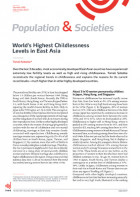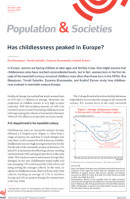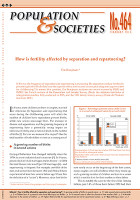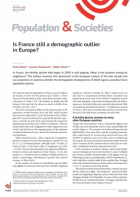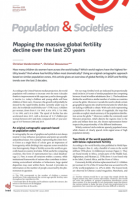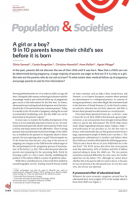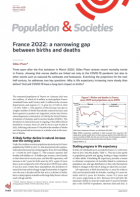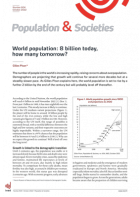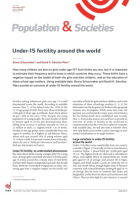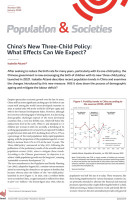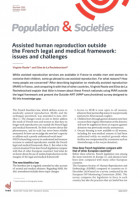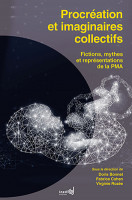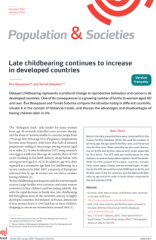
Late childbearing continues to increase in developed countries
Population and Societies
n° 562, January 2019
Delayed childbearing represents a profound change in reproductive behaviour and concerns all developed countries. One of its consequences is a growing number of births to women aged 40 and over. Éva Beaujouan and Tomáš Sobotka compare the situation today in different countries, situate it in the context of historical trends, and discuss the advantages and disadvantages of having children later in life.
Broad societal and cultural changes since the 1970s have provided incentives for young people to postpone parenthood. The greater access to and longer pursuit of higher education, the greater involvement of women in the labour market, and changes in family behaviour have contributed to a long-term increase in age at parenthood. The spread of effective contraception and wider access to abortion have also played a part, helping women and couples better plan the timing of births. Using data from the Human Fertility Database, we document a rise in fertility rates among women aged 40 and older in low-fertility countries of Europe, East Asia, North America, and Australia.

